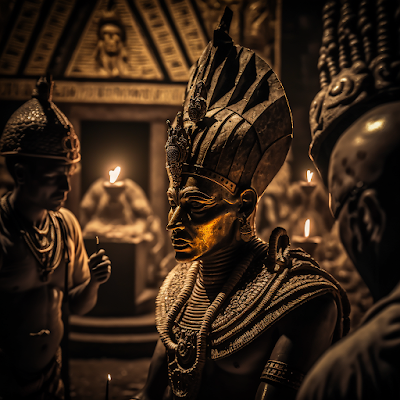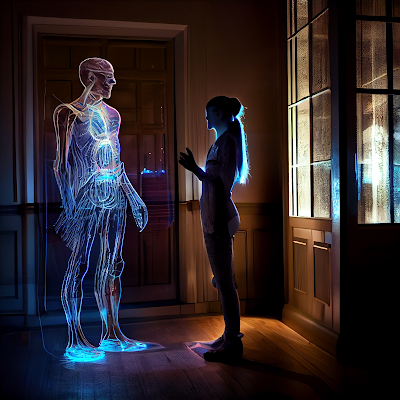The Age of the Universe: Understanding its Timeless Secrets
Introduction
The age of
the universe is a fascinating subject that has intrigued scientists and
philosophers for centuries. From the ancient Greek philosopher Aristarchus to
modern-day scientists, several estimates have been made to determine the age of
the universe. In this blog post, we will explore the various estimates that
have been made throughout history and the most widely accepted estimate of the
age of the universe.
Ancient estimates of the age of the
universe
One of the
earliest estimates of the age of the universe was made by the ancient Greek
philosopher Aristarchus in the 3rd century BCE. Aristarchus proposed that the
universe was infinite in age and that the stars and planets had always existed.
However, his ideas were later challenged by the philosopher Epicurus, who
argued that the universe must have had a beginning, and the stars and planets
must, therefore, be finite in age.
Scientific approach to determining
the age of the universe
In the 18th
and 19th centuries, scientists began to take a more scientific approach to
determine the age of the universe. The Danish astronomer Ole Rømer was one of
the first scientists to use astronomical observations to estimate the age of
the universe. He used observations of the moons of Jupiter to estimate the
speed of light and then used this to estimate the distance to the stars. He
estimated that the universe was around 20,000 years old.
The expanding universe
In the early
20th century, scientists began to use the concept of the "expanding
universe" to estimate the age of the universe. The American astronomer
Edwin Hubble was one of the first to propose this idea, and he used
observations of the redshift of light from distant galaxies to estimate that
the universe was around 2 billion years old.
Advanced techniques
In the
latter half of the 20th century, scientists began to use more advanced
techniques to estimate the age of the universe. The American astronomers Allan
Sandage and Gustav Tammann used the observed brightness of certain types of
stars called "white dwarfs" to estimate the age of the universe as
around 12 billion years.
The cosmic microwave background
radiation
Today, the
most widely accepted estimate of the age of the universe is based on
observations of the cosmic microwave background radiation. This is the faint
afterglow of the Big Bang that can be detected in all directions in the
universe. Using measurements of the cosmic microwave background radiation,
scientists have been able to estimate the age of the universe as around 13.8
billion years.
Conclusion
The age of
the universe has been a subject of much debate and study throughout history.
Scientists have used various techniques to estimate the age of the universe,
and their estimates have varied widely. However, the most widely accepted
estimate of the age of the universe today is around 13.8 billion years, based
on observations of the cosmic microwave background radiation. This estimate is
supported by a variety of other observations, and is considered to be one of
the most accurate estimates of the age of the universe. The study of the age of
the universe is ongoing, and it will be interesting to see what future
discoveries bring.













Comments
Post a Comment